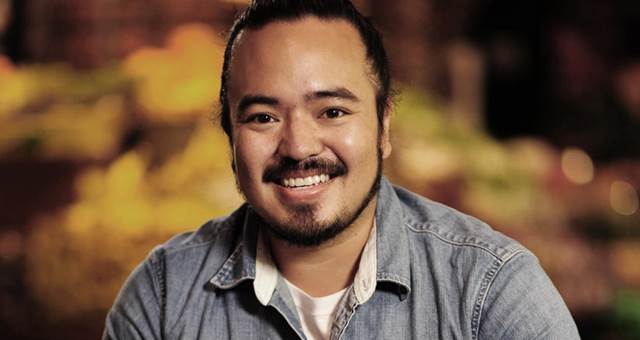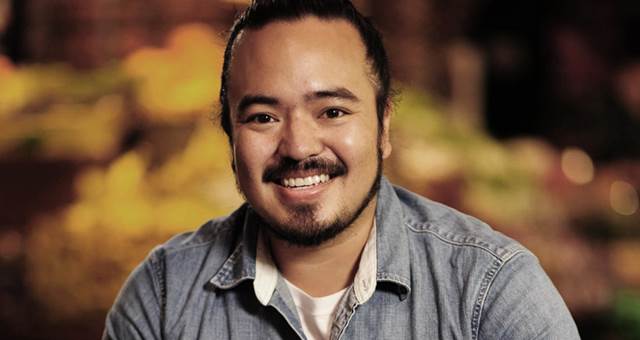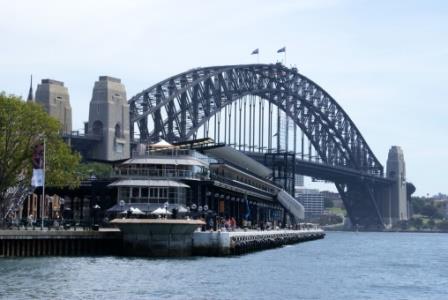

New findings show that Australians are taking huge risks with their health overseas.
Australians are putting themselves at risk of potential diseases while travelling overseas, with new figures showing less than half (46 per cent) of travellers to at-risk destinations sought health advice before their trip.
New research of Australian travellers conducted by Lonergan Research on behalf of Sanofi Pasteur reveals that many are unaware of the health risks while overseas, and carefree attitudes are potentially putting them in harm’s way.
Destinations such as South-East Asia and South America are popular hot-spots among travellers. In fact, at-risk destinations comprise over half of all resident departures from Australia (52 per cent). However, these destinations also pose a high risk of illness from food and water-borne diseases like typhoid and hepatitis A.
”Australians are known for their love of travel and love to experience the culture and cuisine that these countries have to offer. This however may expose them to many potential health risks.
The good news is that many of these risks can be avoided or prevented with the right knowledge and behaviour, which is why a visit to your GP or travel doctor should be an essential part of any overseas travel plans,” said Doctor Eddy Bajrovic, the medical director of Travelvax Australia.
One of the groups at greatest risk when travelling overseas are those visiting friends and relatives in their country of origin. The study reveals nearly one in three (29 per cent) incorrectly believe they are less likely to get sick due to a perceived natural immunity, the belief that if they were born and raised in the country they are travelling to, they maintain immunity and vaccinations aren’t needed.1 Unfortunately, this is not true.
One in four Australians travelling to at-risk destinations fell ill on their last trip and 43 per cent of those had to seek professional medical assistance, with younger travellers more likely to fall ill.
And as the survey shows, it’s often the everyday aspects such as sharing a meal that can cause serious illnesses, with half of travellers (49 per cent) believing they got sick as a result of something they ate or drank.
Celebrity chef and frequent traveller, Adam Liaw says being prepared is the key to ensuring your trip isn’t cut short due to contaminated food or drink.
Liaw said, “The cuisines and flavours of different countries are often the best part of travelling. However, no matter how often you travel, or even if you are from the country you’re travelling to, there’s no guarantee you’re protected against contaminated food or water. So before I travel overseas, I always speak to my GP about what precautions I should take.”
The survey shows however that less than half (46 per cent) of at-risk Australian travellers follow Adam’s lead and visited their GP for travel health advice, and nearly 1 in 4 (23 per cent) of Australian travellers to an at-risk destination did not seek any health information or advice.
Dr. Bajrovic warned, “While the vast majority of Australians consider travel insurance for their trips, many don’t seek pre-travel health advice from a healthcare professional before going overseas. Some travellers don’t realise that they might be at risk of diseases and that preventative measures, including vaccination, might be recommended for the destination they are travelling to.”
Dr. Bajrovic recommends all Australians visit their GP or travel doctor before travelling overseas, ideally six weeks beforehand.


